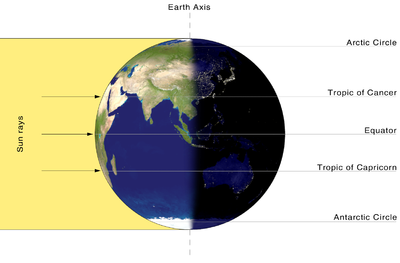 Ebola virus disease (EVD; also Ebola hemorrhagic fever (EHF)) or simplyEbola is a disease of humans and other primates caused by ebolaviruses. Signs and symptoms typically start between two days and three weeks after contracting the virus, with a fever, sore throat, muscle pain and headaches. Then, vomiting, diarrhea and rash usually follows, along with decreased function of the liver and kidneys. At this time, generally, some people begin tobleed both internally and externally.[1] Death, if it occurs, is typically six to sixteen days after symptoms appear and is often due to low blood pressure from fluid loss.
Ebola virus disease (EVD; also Ebola hemorrhagic fever (EHF)) or simplyEbola is a disease of humans and other primates caused by ebolaviruses. Signs and symptoms typically start between two days and three weeks after contracting the virus, with a fever, sore throat, muscle pain and headaches. Then, vomiting, diarrhea and rash usually follows, along with decreased function of the liver and kidneys. At this time, generally, some people begin tobleed both internally and externally.[1] Death, if it occurs, is typically six to sixteen days after symptoms appear and is often due to low blood pressure from fluid loss.
The virus is acquired by contact with blood or other body fluids of an infected human or other animal.This may also occur by direct contact with a recently contaminated item. Spread through the air has not been documented in the natural environment. Fruit bats are believed to be the normal carrier in nature, able to spread the virus without being affected. Humans become infected by contact with the bats or a living or dead animal that has been infected by bats. Once human infection occurs, the disease may spread between people as well. Male survivors may be able to transmit the disease viasemen for nearly two months. To diagnose EVD, other diseases with similar symptoms such as malaria, cholera and other viral hemorrhagic fevers are first excluded. Blood samples are tested for viral antibodies, viral RNA, or the virus itself to confirm the diagnosis.
Outbreak control requires a coordinated series of medical services, along with a certain level of community engagement. The necessary medical services include rapid detection and contact tracing, quick access to appropriate laboratory services, proper management of those who are infected, and proper disposal of the dead through cremation or burial. Prevention includes decreasing the spread of disease from infected animals to humans.This may be done by only handling potentially infected bush meat while wearing protective clothing and by thoroughly cooking it before consumption.It also includes wearing proper protective clothing and washing hands when around a person with the disease. Samples of body fluids and tissues from people with the disease should be handled with special caution.











